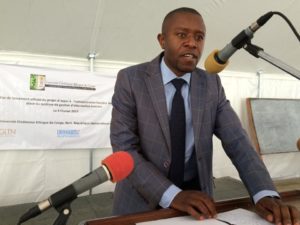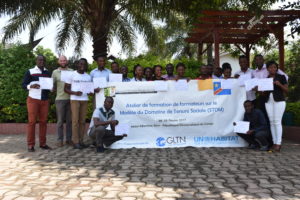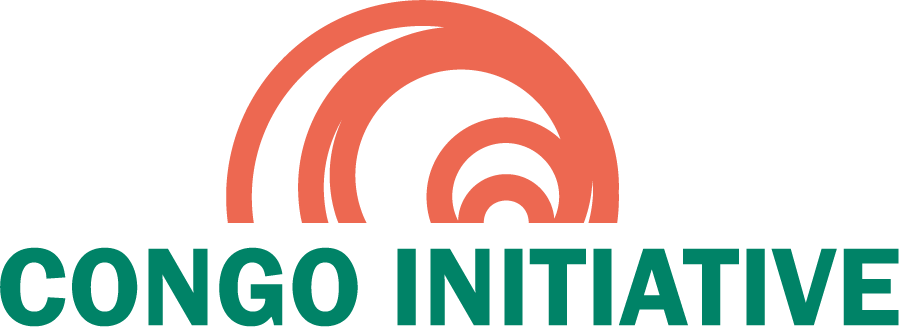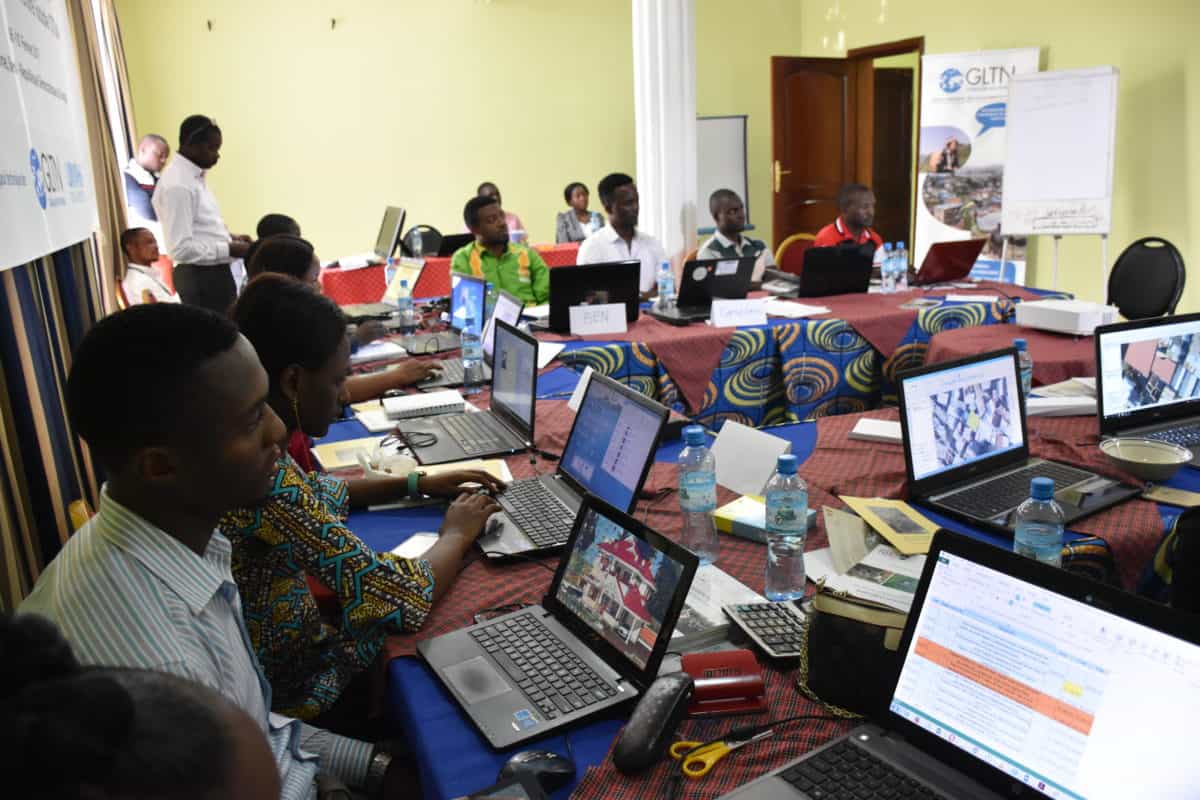On February 4, 2017, UN-Habitat/Global Land Tools Network (GLTN) in partnership with l’Université Chrétienne Bilingue du Congo (UCBC) and the North Kivu government, officially launched a project to support the land administration in the implementation of land reform programs in Beni and other areas of eastern Congo. The project aims to support land dispute resolution by improving tenure security utilizing GLTN’s Social Tenure Domain Model (STDM) and other tools as well as advocate for land reform and enhancing the capacity of community stakeholders and DRC’s land administration.

Key national and local representatives attended the inauguration and expressed support for the project. Mr. Carly Nzanzu Kasivita, Minister of Land Affairs in North Kivu, and Mr. Ntondo Lumuka Nantole Leon, DRC’s General Secretary of the Land Administration, opened the event by calling the local land administration, municipality authorities, and the wider population of Beni to take ownership of the project and support integration of GLTN tools for a better land administration system. Mr. Dieudonne Ngwasi Akilimali, Director of the DRC National Commission of Land Reform (CONAREF) and Dunia Idumbo Edourd, National Director of Land Affairs were also present and encouraged UCBC to support technically the DRC land administration and key actors for the implementation of STDM.
UCBC’s Sharing the Land program is widely recognized for its experience in creating dynamic and transparent land information systems through research, technology, community engagement, activism and the public sector. It has already impacted over 4,500 households through land registration maps for neighborhoods in Beni and Goma. With this new initiative supported by local and national government agencies, over 1 million Congolese are expected to benefit.

Following the launch event, UCBC hosted a four-day training workshop on the use and application of STDM. This workshop trained 13 participants, 11 of which were UCBC alumni, who will set up land information system based on STDM at the land administration office in three key provinces: North Kivu, South Kivu, and Ituri. Participants were excited to play such a significant role in charting the path of land reform policies and to learn how to implement STDM.
“The STDM tool offers opportunity for the inclusion of poor people holding land informally in the property rights debate. It shows that everyone’s right to land is important; it can start at the informal level and with time improve towards the formal, with the recognition of these rights by government”, said Mr. Kikuni Kabala Fahdi, a UCBC alum and project staff from UCBC.
The STDM was developed to bridge the gap between formally registered land and land that is not registered. It is a pro-poor, participatory and affordable land tool for representing a person-to-land relationship along the land rights continuum. The land tool has been developed by UN-Habitat through GLTN and other partners in recognition of the need for legal pluralism and a broader recognition of person-to-land relationships.


Leave a Reply